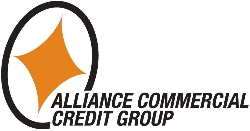One aspect of finance every business comes to face is the process of transferring business ownership. The time comes for every entrepreneur to pass the baton. There are many reasons to spark this transition, and your specific circumstances will determine what process will be most strategic for your business. Typically, there are three primary approaches used:
- Outright Sale. This is a quick exit strategy. Ownership and responsibility is transferred immediately, and you are paid in full upon sale. Selling your business this way makes the most sense if you are short on time or have need of the cash.
- Gradual Sale. A more flexible option, gradual sales allow buyers without the resources to pay in full the ability to ease into ownership. Gradual sales can be structured a variety of ways, making it a good choice to accommodate the needs and wishes of all parties involved in the sale and purchase.
- Lease Agreement. This is a temporary arrangement in the form of a contract transferring specific rights to an individual for a set period of time. An example of when a lease agreement would be used might be if you the business owner wished to take a hiatus but want the ability to return to your business. Another way to structure the contract is a lease-to-buy type of agreement. While similar to a gradual sale, this builds the down payment for a loan to buy the business into the monthly payment installments.
Keep in mind that if you plan on selling to a family member, the sale can become more complicated very quickly as this brings estate taxes into the equation. Getting legal counsel is wise, but so is getting financial advice. If you are considering transferring the ownership of your business, ACCG has developed relationships with highly reputable business associates whom we trust and refer our clients to.

